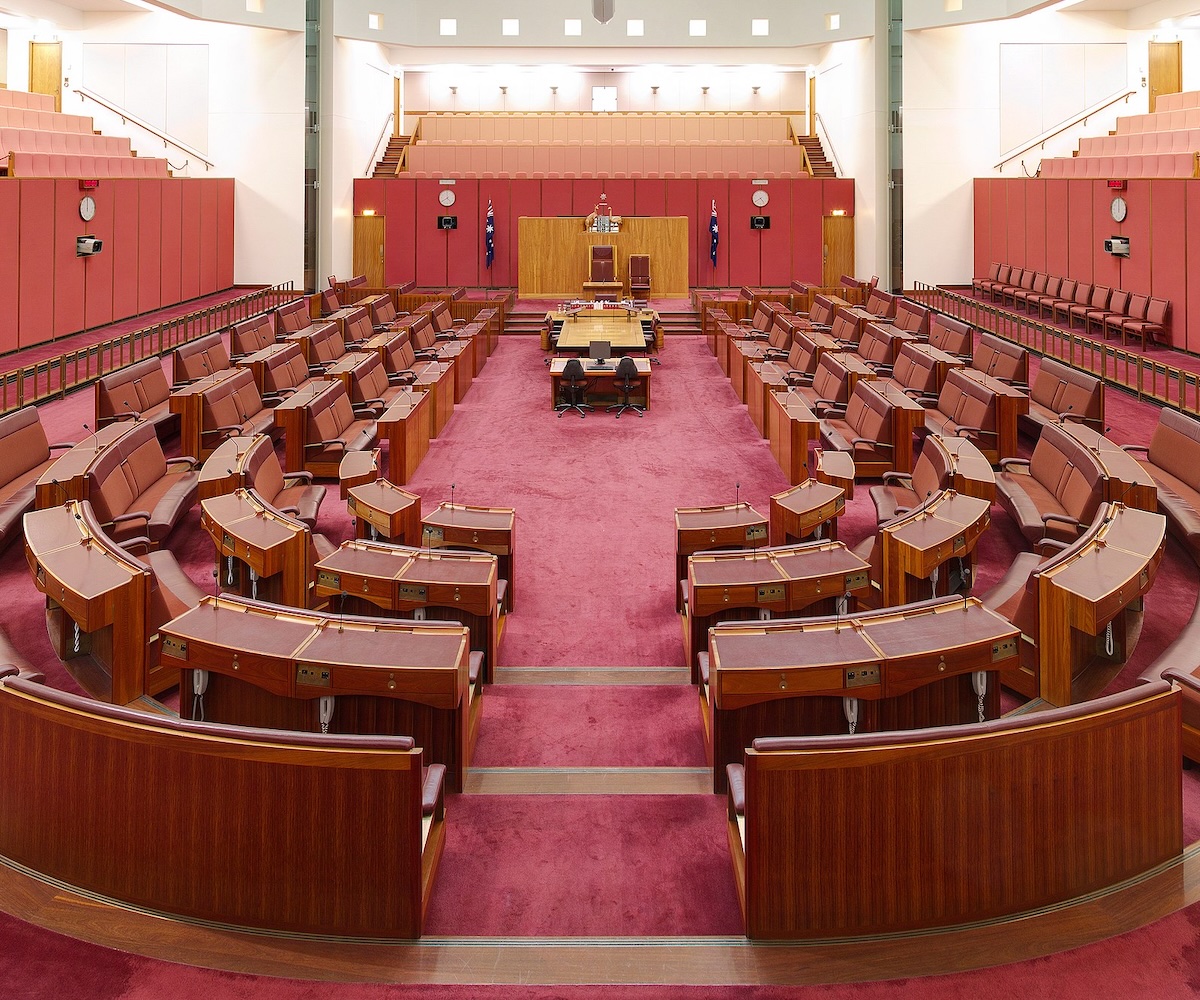The sweetest words in the Senate — casual vacancy

Back in the early oughts, my wife was working as a reporter for SBS. I was doing my master’s in international relations at the time and sometimes our discussions about a lecture would prompt a story idea for her. One was “peak oil”, the rather obvious idea that there’s a finite amount of the stuff in the ground and that at some point we’ll reach the halfway point in terms of supply. As I say, all pretty uncontroversial, even the oil companies are prepared for it.
There’s always an exception, and the exception in this case was Senator Santo Santoro.
Now, Senator Santoro became a member of Australia’s Upper House by way of a casual vacancy, when someone is appointed to fill the spot after another senator has left the building. Unlike the Lower House, which uses by-elections to deal with vacancies, the Senate’s structure means a new senator is simply parachuted in from the same state and, thanks to an amendment to the country’s Big Book of Rules, the same political party as the former senator. To be clear, there is no election involved — the new senator just gets the nod from their state legislature and off they go to Canberra and an annual salary in excess of $200,000.
And thus Senator Santoro entered federal politics for the Great State of Queensland, having never faced an election. In Senate Estimates he questioned SBS on the aforementioned report, referring to my partner as a “junior reporter”. Naturally, she was a bit miffed at having her qualifications and her integrity questioned (actually, she was completely fucking ropable, but this is a PG-rated blog). I suggested in their reply that SBS refer to Santoro as “the Unelected Senator for Queensland”. Sadly, this did not make the cut, but SBS did put the Unelected Senator from Queensland back in his box with their response on notice.
Which is all a rather long way of pointing out that the Senate casual vacancy is perhaps the biggest boondoggle in Australian political life. Enter at the right time you could have six years riding the parliamentary gravy train. And if you were so inclined, you could do nine-tenths of three-fifths of sweet fuck all and still collect a handsome salary without ever having bothered a ballot paper. Which is probably the best thing an Unelected Senator could do. Just shut the fuck up and don’t say anything, because you certainly didn’t earn the right to say anything in our parliament.
Worse than a skiving Unelected Senator, however, is the activist one. The one who sees their appointment to the Senate as a mandate to push as many agendas as they — or their backers — see fit. They could well be the unelected vote that sees a piece of controversial legislation pass (or worthy legislation fail). They can sit on committees and waste people’s time with asinine questions on topics that are well beyond their ken.
And then they can leave the Senate, possibly after a scandal, and take up a new career, possibly in lobbying.
When Paul Keating described the Senate as “unrepresentative swill” he was on the money in more ways than one. While he might have been pissed off at the Senate’s obstructionism and the ability of small states and smaller parties to block his “vision thing”, he could have equally been referring to the anti-democratic nature of making someone an elected official without them ever having faced an election. It’s bad enough that voters in small states have more say in the Senate than voters in large states; giving the full powers of a Senator to an unelected nobody is a rank travesty in a democracy.
Short of completely overhauling the Senate (which we’ll call Plan A), one small change would be to make these Unelected Senators somewhat more accountable by limiting their term and putting them up for re-election at the next available election, just like their legitimately elected counterparts from the territories.
At least then voters would get to have a say on their future before they’re forced to resign.
